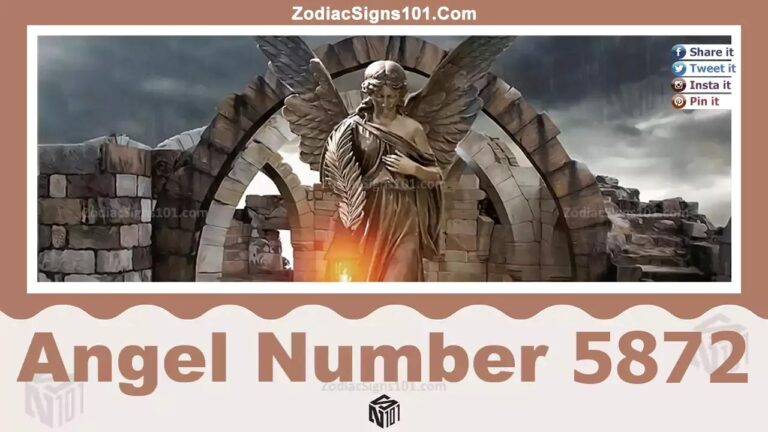

There were two outbreaks of the Bubonic Plague (c) 2007 ALL RIGHTS RESERVED. The streets were filled with waste, both human and animal. There was no sanitation, no indoor plumbing, no concept of germs or sterilization. Life in the Elizabethan Era Health Many members of a family, often 4-8 people, would live in the same room. Once married, women had practically no rights they could not work outside the home. Marriages were usually arranged by the families of the bride and the groom in order for both sides to benefit from one another. Life in the Elizabethan Era Marriages A woman possessed very little rights in choosing her husband. Based on the dominate color you are wearing today, which social class would you belong to? (c) 2007 ALL RIGHTS RESERVED. If a person dressed out of his/her social class, they would be punished because it was against the law. Life in the Elizabethan Era Clothing/Fashion Certain fabrics, textures, and colors of clothing indicated which social class a person was a part of. The Queen had a love for theater and the arts, so during this period, the arts (poetry, plays, painting, etc.) flourished. Elizabethan Era-Shakespeare- Romeo and Juliet-Įlizabethan England Known as the English Renaissance (rebirth) England was ruled by Queen Elizabeth I, daughter of King Henry VIII, from 1533-1603. Albert also discusses the epistemological status of conjunctionist theory, clarifying its relationship to other branches of astrology.īy contrast, the texts from the Politica commentary relate the great conjunctions to human history and political processes, exploring the conflict between astral determinism and human responsibility.Elizabethan Era/Shakespeare/Romeo + Juliet They elucidate its complex and sophisticated notions, describe the effects of planetary conjunctions on the sublunary world, and oppose this theory to pseudoscientific explanations of natural processes. The first selection of his texts, mainly taken from the De causis proprietatum elementorum, establishes the scientific nature of conjunctionist theory. He grasped the subversive character of the universal determinism underlying the great conjunctions, as well as their scientific value. The potential and risks posed by this all-embracing explanation of natural phenomena and the human domain did not escape Albert the Great. The paper deals with Albert the Great’s remarkable contribution to the medieval debate on great conjunctions by focusing on a few passages from his De causis proprietatum elementorum and his Politica commentary (II 6 and V 9).

– the succession of civilizations, new empires, religions and prophets) as a consequence of the mean conjunctions of Saturn and Jupiter. cataclysms – floods of water and fire, plagues, famine, etc.

The doctrine of great conjunctions, first theorized by the Arab astrologer Albumasar in the De magnis coniunctionibus ( Book of Religions and Dynasties), is a form of general astrology characterized by the attempt to explain events affecting the Earth as a whole or in part (e.g.


 0 kommentar(er)
0 kommentar(er)
